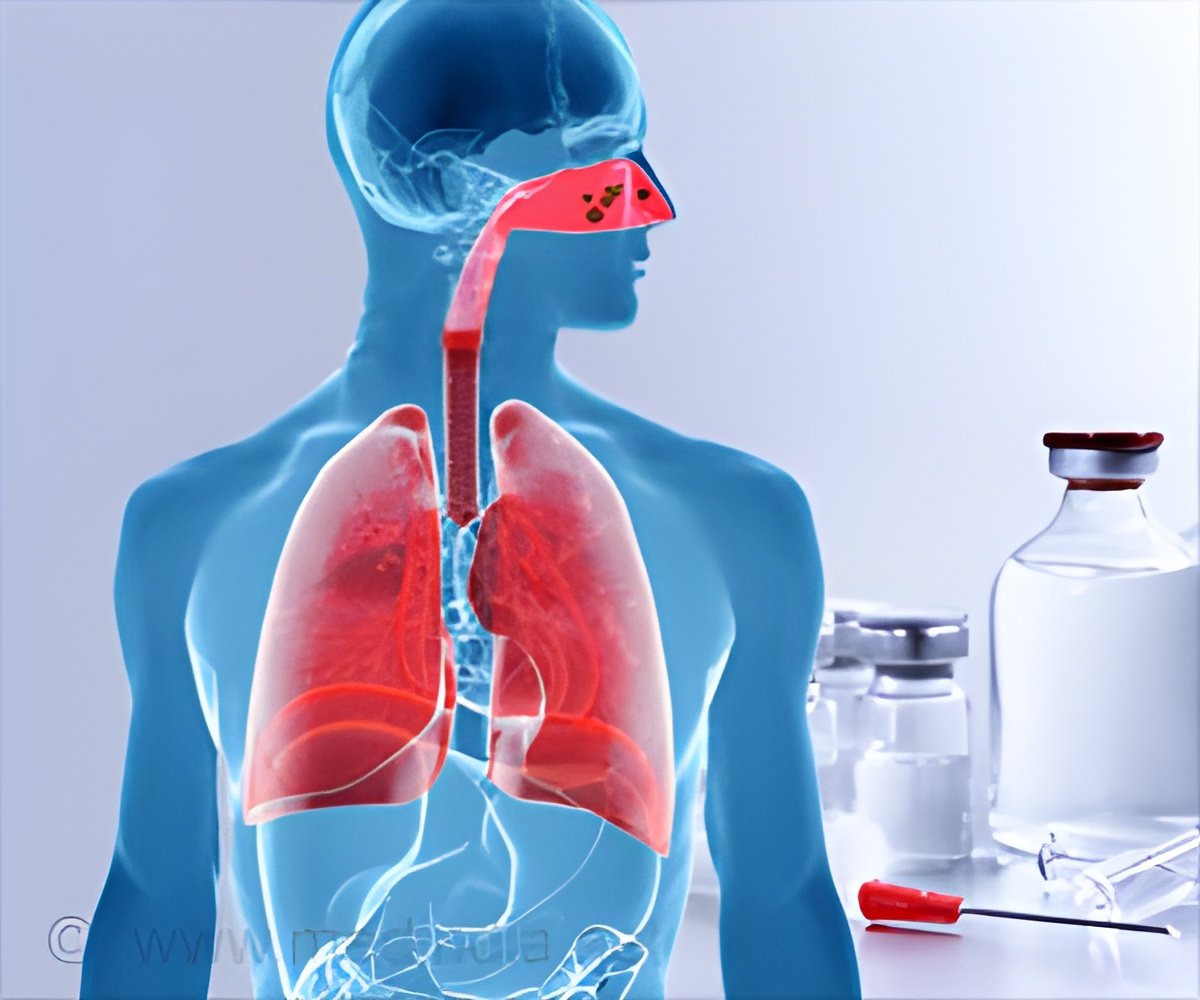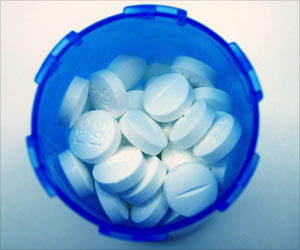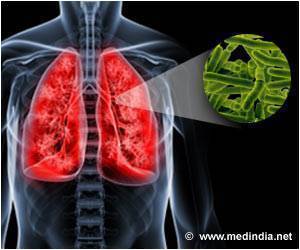The spread of TB in India is larger than previously projected. Multi-drug resistant TB is growing at a faster rate than discovery of newer, more potent drugs.

‘Adverse side-effects of TB medications can make the treatment ineffective and increase the risk of developing multi-drug resistant TB.’





Stating that drug delivery is a lengthy process needing lot of investment, ISCR President Suneela Thatte said: "Unite for TB calls on all healthcare stakeholders, including research and development professionals, to work together in addressing the big scourge of TB." "Resistance to antimicrobials is growing at a faster rate than discovery of newer, more potent drugs to overcome that resistance. Therefore, it is crucial that India focuses its research efforts on developing solutions for drug-resistant TB," she said.
According to WHO reports, the last time a drug was introduced specifically for the treatment of TB was in the late 1960s.
While India has been engaged in TB control efforts for decades now, the disease continues to remain one of our greatest public health challenges.
It is estimated to kill 480,000 Indians every year although it is now believed that these numbers are under represented and the mortality could be 500,000 a year.
Advertisement
ISCR said that research for better TB drugs will lead to the development of innovative treatment for drug-resistant TB, thereby reducing India's TB burden, bring down healthcare costs, save lives and accelerate India's progress towards its goal of becoming TB-free by 2025.
Advertisement
"We do have access to some potential new drugs and treatments, but we need to undertake research to study their effects. For instance, one of the clinical trials proposed by Indian Council of Medical Research for TB includes assessing the safety and efficacy of using metformin, a diabetes medication, as an adjunct therapy for TB. Should the study show positive results, it would transform TB therapy for a long time. These are truly exciting times," said Salvi.
The WHO's global report on TB further states that the treatment success rate of multi-drug resistant Tuberculosis cases was less than 50 percent in countries with the largest cohorts, including India.
Most drug resistant TB cases emerge because of ineffective and mismanaged treatment, and low adherence. Because of the adverse side-effects of TB medications, patients tend to leave treatment midway and risk developing drug resistant TB. Drug-resistant TB is much harder to treat and entails a higher risk of mortality.
Source-IANS














